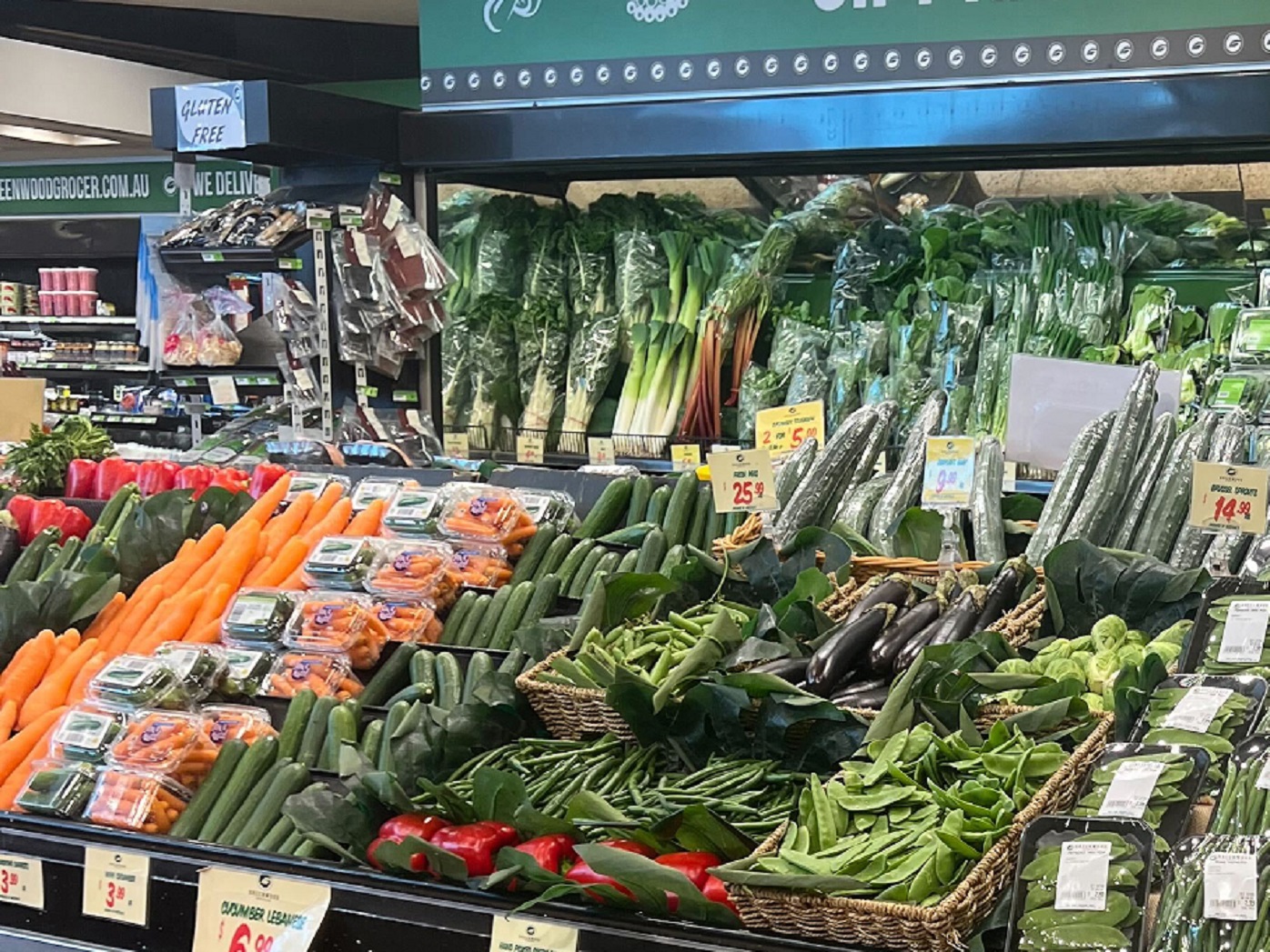If you think your weekly grocery shop is expensive now, one factor is going to make things even worse in the coming years.
According to a report from Germany's Potsdam Institute for Climate Impact Research released today, surging global temperatures caused by climate change are going to increase food inflation by up to 3.2 per cent per year in a decade.
The researchers looked at inflation and weather data from 121 different countries between 1991 and 2020 to estimate how climate change will impact both food prices and inflation in general in the future.
EXPLAINED: What does the supermarket code of conduct actually do?

"The global economy is sensitive to climate change and extreme weather through the impact on food production, labour, energy demand, and human health," publisher Springer Nature said in a statement.
"Understanding how weather may impact inflation can help predict how future climate change may impact inflation risk and the global economy.
"(Researchers) estimated that under temperature increases projected for 2035 global warming will lead to food inflation rising by between 0.9 and 3.2 percentage points per year, with overall inflation rising by between 0.3 and 1.2 percentage points per year."
Australia has already experienced the impact of extreme weather events on food prices, with floods contributing to the start of the cost of living crisis.
"Food prices were impacted by repeated flooding throughout 2022 in major production regions of the east coast of Australia," an interim parliamentary cost of living report said last year.
"Floods and excess rainfall led to crops being destroyed or abandoned, restricted planting, caused livestock losses, and worsened the impact of some pests and diseases on crop yields.
"Price increases in dairy products throughout 2022 were attributed to reduced milk production due to a dry period in parts of the country (and) flooding in other regions."
READ MORE: Australia unable to 'feed itself' without supermarket reform
READ MORE: 'Red alert' sounded as climate crisis reaches its worst ever point

The research released today did not include data from Australia or New Zealand, but said the effects of climate change on food are likely to be felt most acutely by less wealthy nations.
"Although both high- and low-income countries will experience climate-driven inflation, countries in the global south will be more affected," Springer Nature said.
According to the authors, the impacts of climate change on food prices and inflation in general could be limited if governments act quickly to reduce carbon emissions.
from 9News https://ift.tt/8SJTvmf
via IFTTT
Comments
Post a Comment